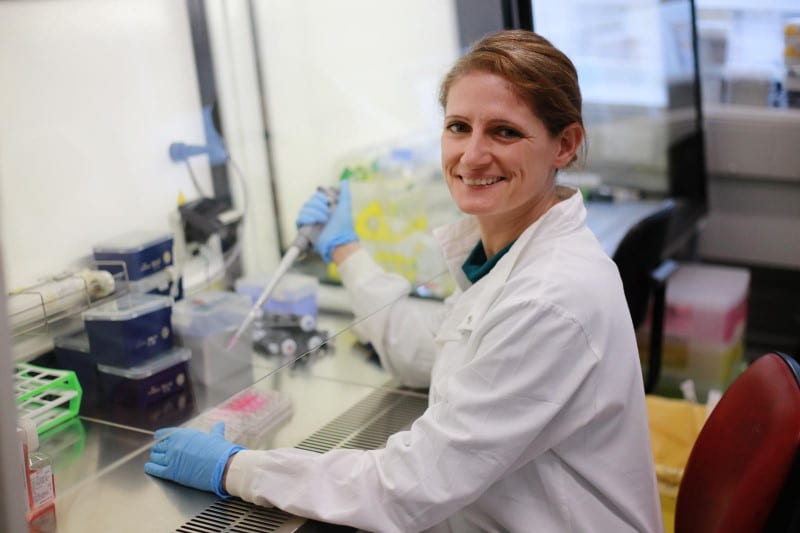
COVID-19: Looking at different ways in which aerosol research can support the fight against COVID-19
As Director of the EPSRC Centre for Doctoral Training in Aerosol Science and the Bristol Aerosol Research Centre, Professor Jonathan Reid’s approach to tackling COVID-19 is, naturally, focused on aerosols. ‘Aerosols’ is a term that is used to refer to a collection of particles that are airborne and with sizes typically smaller than the diameter of a human hair. When we speak, breathe, cough or even sing, we generate hundreds of these particles that someone else could breathe in, transmitting the virus responsible for COVID-19.
A key piece of work from Professor Reid has shown that there is significantly less risk of COVID-19 transmission from anaesthesia procedures than was previously thought. This is an important finding at a time when many operations and NHS procedures have been postponed or cancelled, causing problems for patients in the UK.
Since the outset of the COVID-19 pandemic, there has been much debate about the danger to hospital staff from anaesthetic procedures. Concerns include that inserting a tube in the patient’s airway (intubation) before surgery or removing it at the end (extubation) may produce a fine mist of small aerosol particles and spread the COVID-19 virus to nearby staff.









